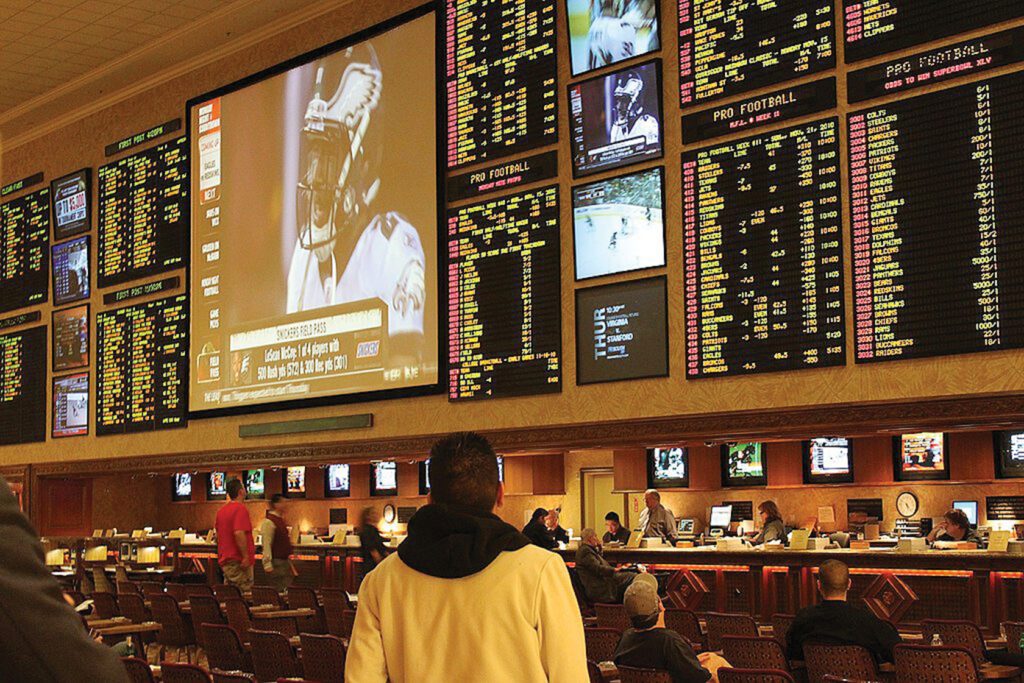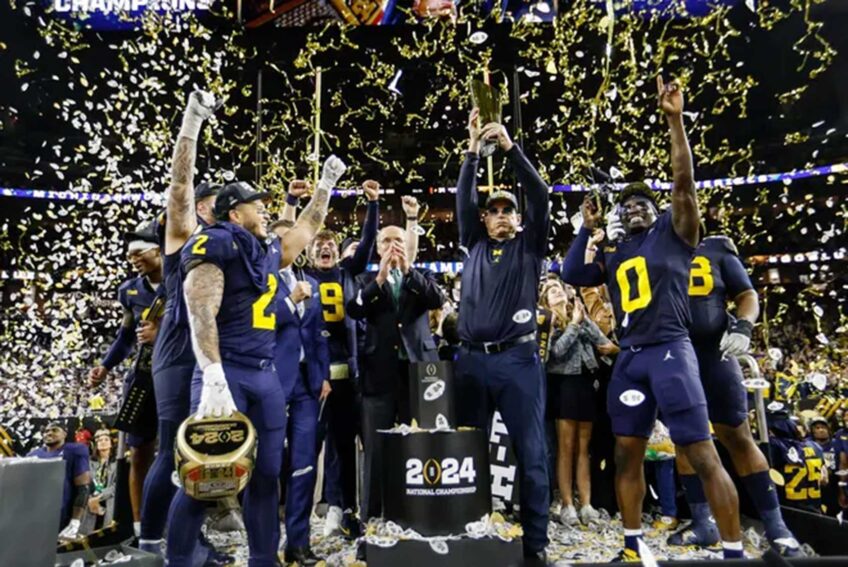
With the recent news of an NFL investigation into players betting legally and illegally, the specter of gambling in sports rears its ugly head again.
Indianapolis Colts cornerback Isaiah Rodgers became the most recent NFL player to jeopardize his career after reportedly betting on games involving his team — a major no-no.
Rodgers will face suspension for overtly violating the NFL rules and his case may be the tip of the iceberg, as the league investigates several players for identical gambling violations.
The NFL claims that it has a firm policy in place regarding gambling. The Rodgers situation has produced more chatter about the problem. The NFL, like all the other major professional sports entities, wants the public to perceive the game as “clean.” Reality paints a different picture.
A short trip through history takes us back to 1919, when a gangster named Arnold Rothstein bribed several players from the Chicago White Sox to “throw” the World Series against the Cincinnati Reds.
Since then, books and movies — including “Eight Men Out” — have brought to life the scandal that rocked baseball. There had been questionable sports decisions long before the infamous “Black Sox Scandal” but not so clearly exposed. The players involved in the scandal were “banned for life” from baseball by Kenesaw Mountain Landis, the first US commissioner of baseball and a federal jurist known as “The Judge.”
To this day, the family of Shoeless Joe Jackson, aka Joseph Jefferson Jackson, is still fighting to clear his name. Despite documented evidence that Shoeless Joe did not participate in the plot to fix the 1919 World Series, their battle has been brushed aside.
Major League Baseball has taken dramatic steps to warn players of gambling of any kind, including a declaration of the “no gambling rule” at every locker room entrance. But that has not prevented players from risking their careers to bet on sporting events — especially as gambling became legal in the United States — and there lies the problem.
Everyday citizens betting on the outcome of a professional athletic event is one thing, but the athletes playing in the event while betting on themselves, or against their team, destroys a semblance of a fair and honest game.
History and human nature have taught us that if there is a buck to be made, human beings will shun the boundaries of decency and fair play to win at any cost. That is why professional sports need clearly defined rules, and they fall short of this, especially with the betting scandals growing over recent years.
I have spoken to many players about the new rules on gambling, and many contend that they should be allowed to bet since betting is legal. Some have asked why they should be prevented from betting.
Although they are technically correct in their thinking, they fail to understand the ramifications involved in their actions — especially when athletes are betting on a sport in which they are participating, which is when circumstances get dicey.
I was horrified to read the story of the season-long suspensions in 1963 of two key players — Paul Hornung, star running back for the Green Bay Packers, and Alex Karras, all-pro defensive tackle for the Detroit Lions. Both men were caught gambling, which was illegal at the time, and both claimed they only bet on their respective teams to win.
Pete Rozelle, the NFL commissioner at the time, saw things very differently. He needed to make an example of Hornung and Karras, and he did. The Packers were the two-time defending NFL champions and firm favorites to become the first three-peat champs of the old NFL. Hornung’s greed and disregard for the rules prevented his team from making history. He and Karras were later reinstated to the league and became future Hall of Famers. However, they lost the respect of many of their fans.
Fast forward to the present day, and I realize that gambling is entangled in sports, especially professional sports.
One does not have to look hard to spot this unhealthy alliance. It’s the sports announcers giving point spreads along with their slanted opinions to potential bettors. It’s the TV ads that market the excitement of having “skin” in a game, while placing tiny disclaimers at the bottom of the screen to assist gambling addicts.
It’s the fact that gambling has stripped away many people’s interests in enjoying the actual game. I may be old-fashioned, but I still love sports for the pure essence of the games themselves, not for the point spread.






